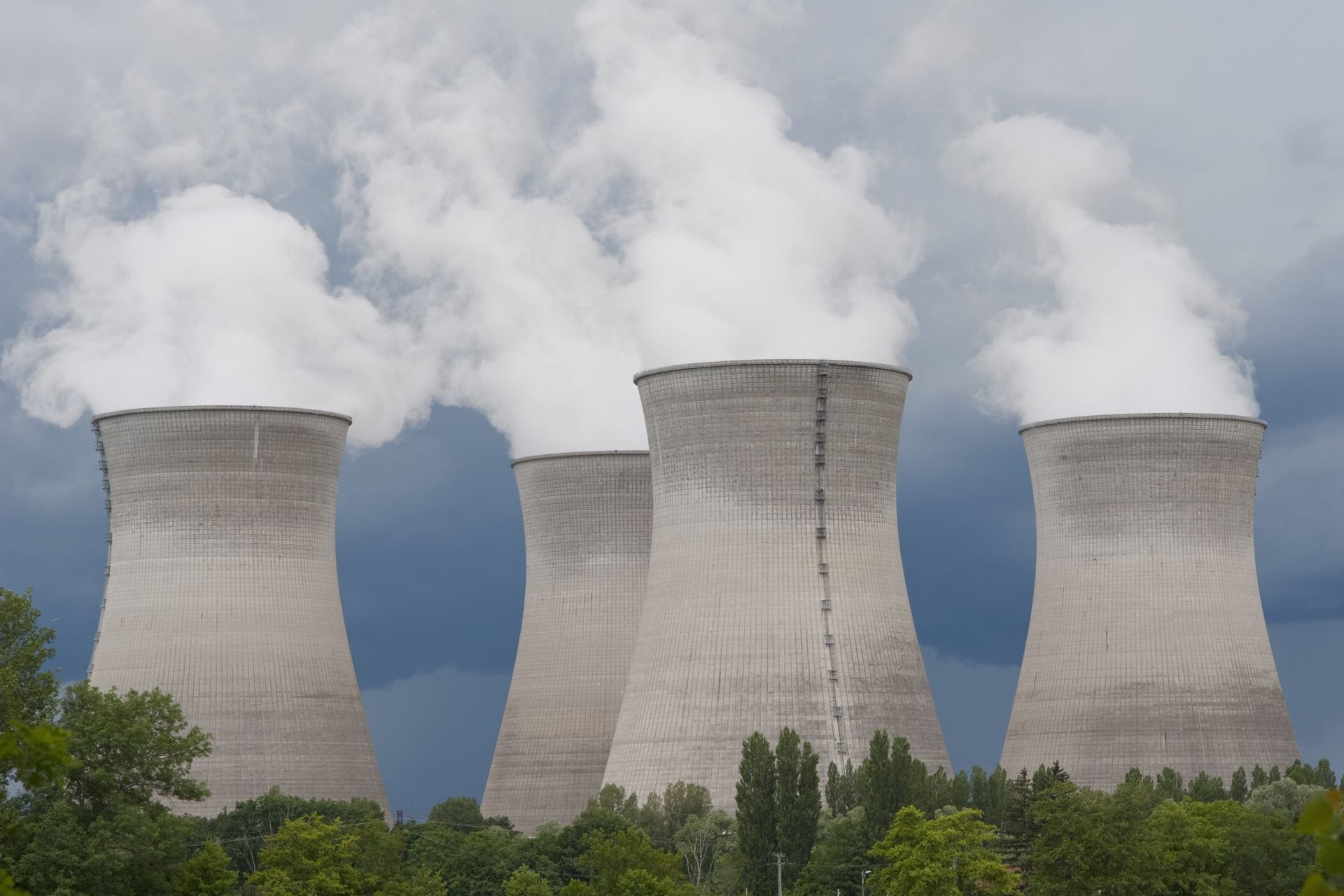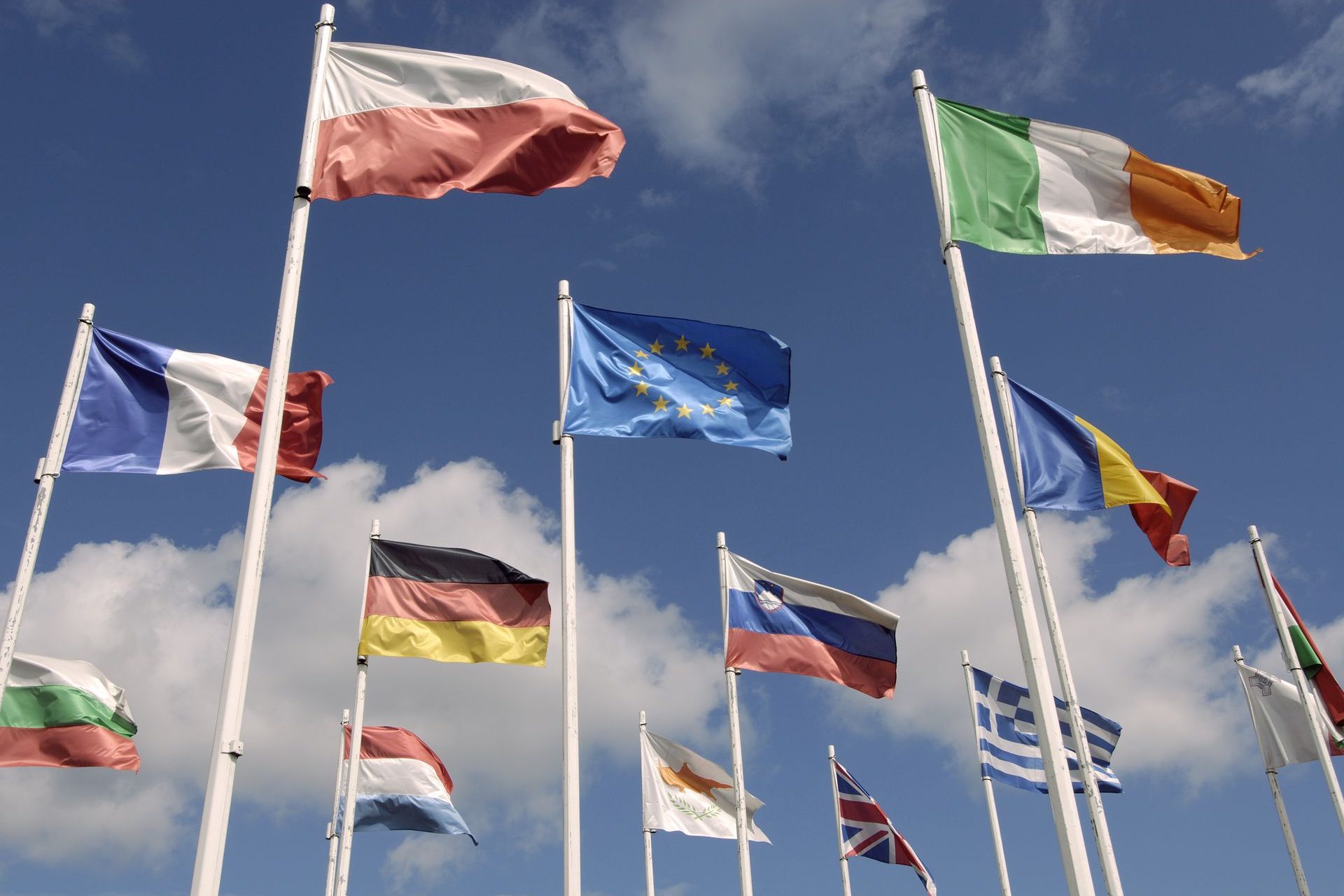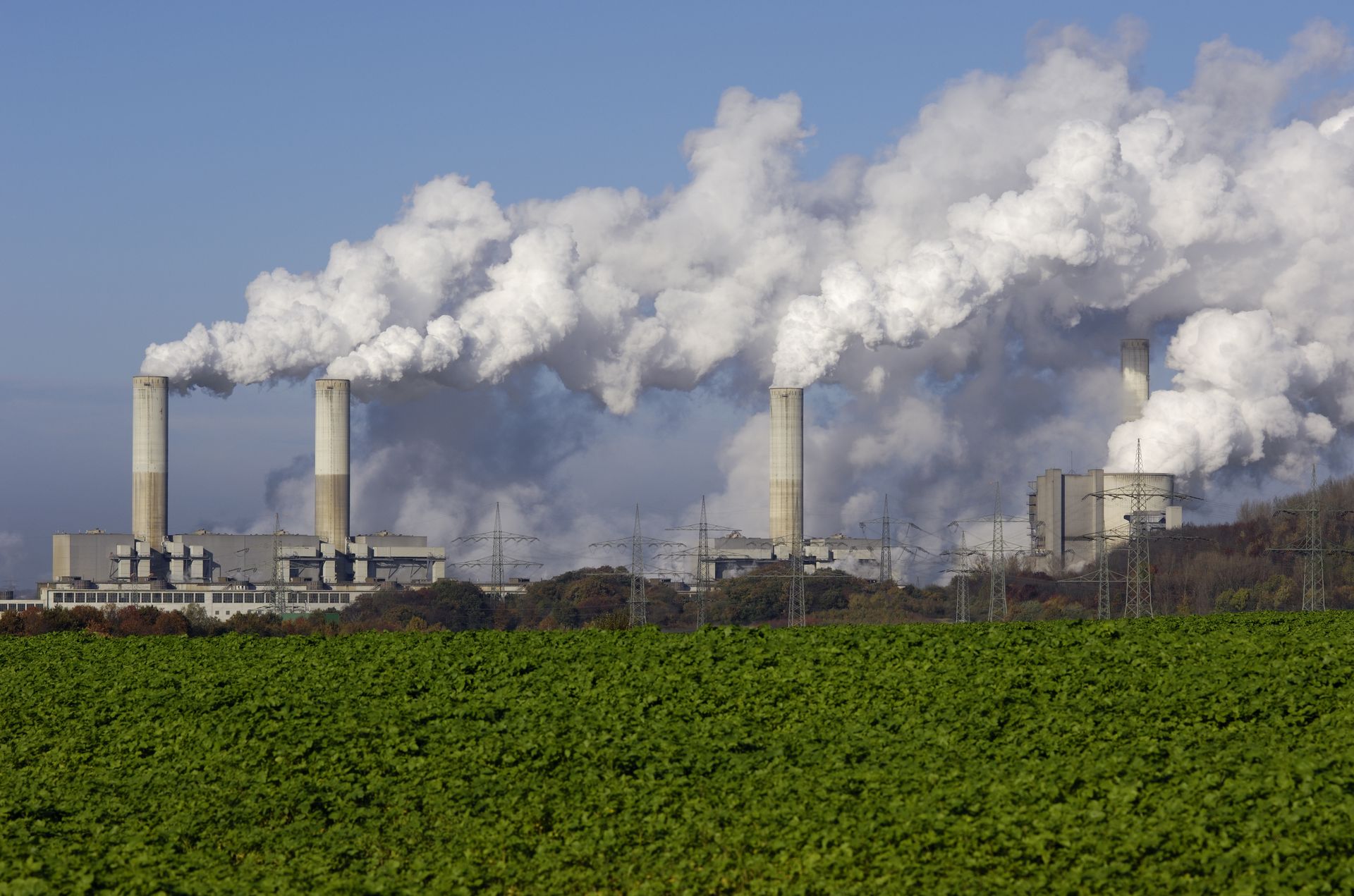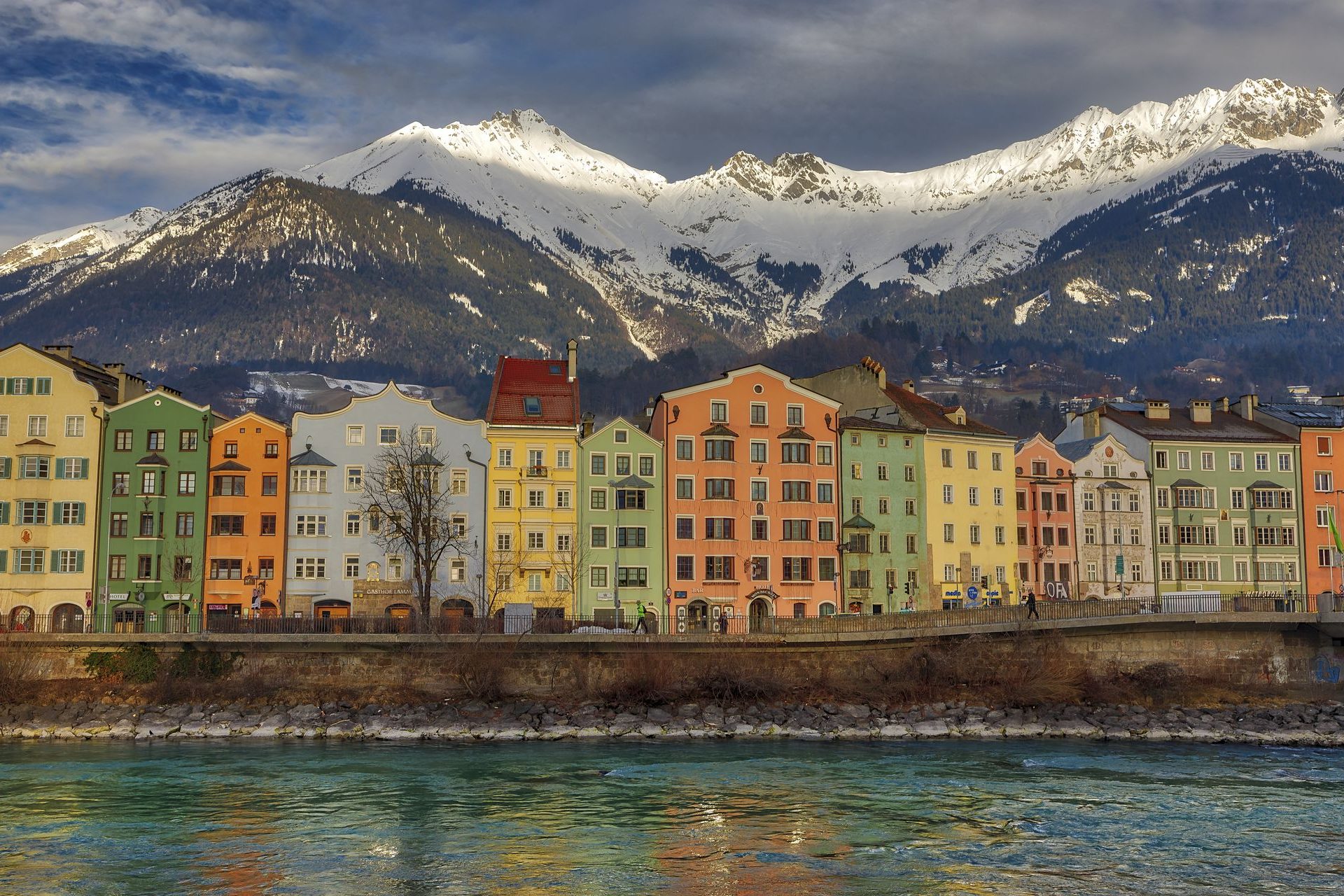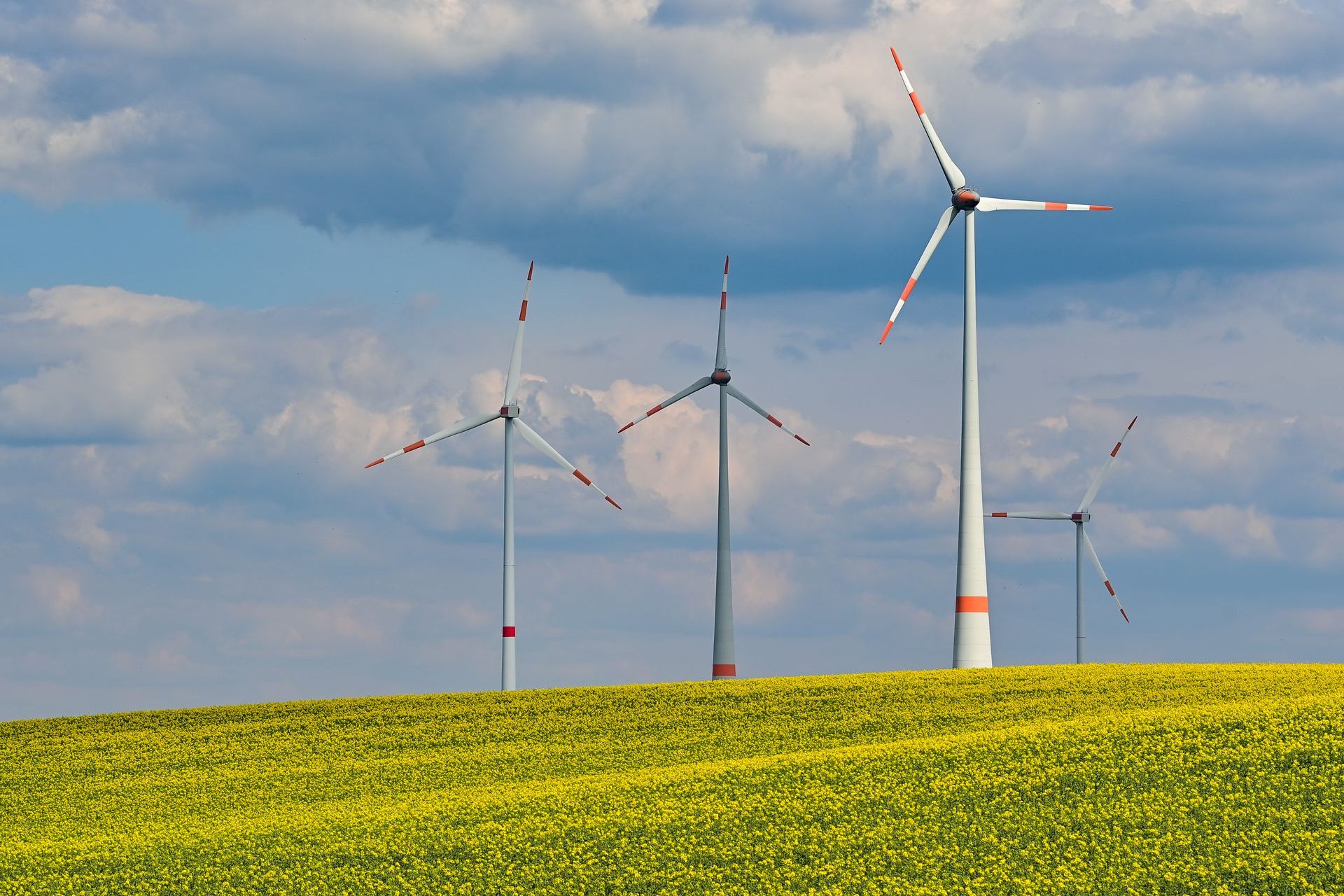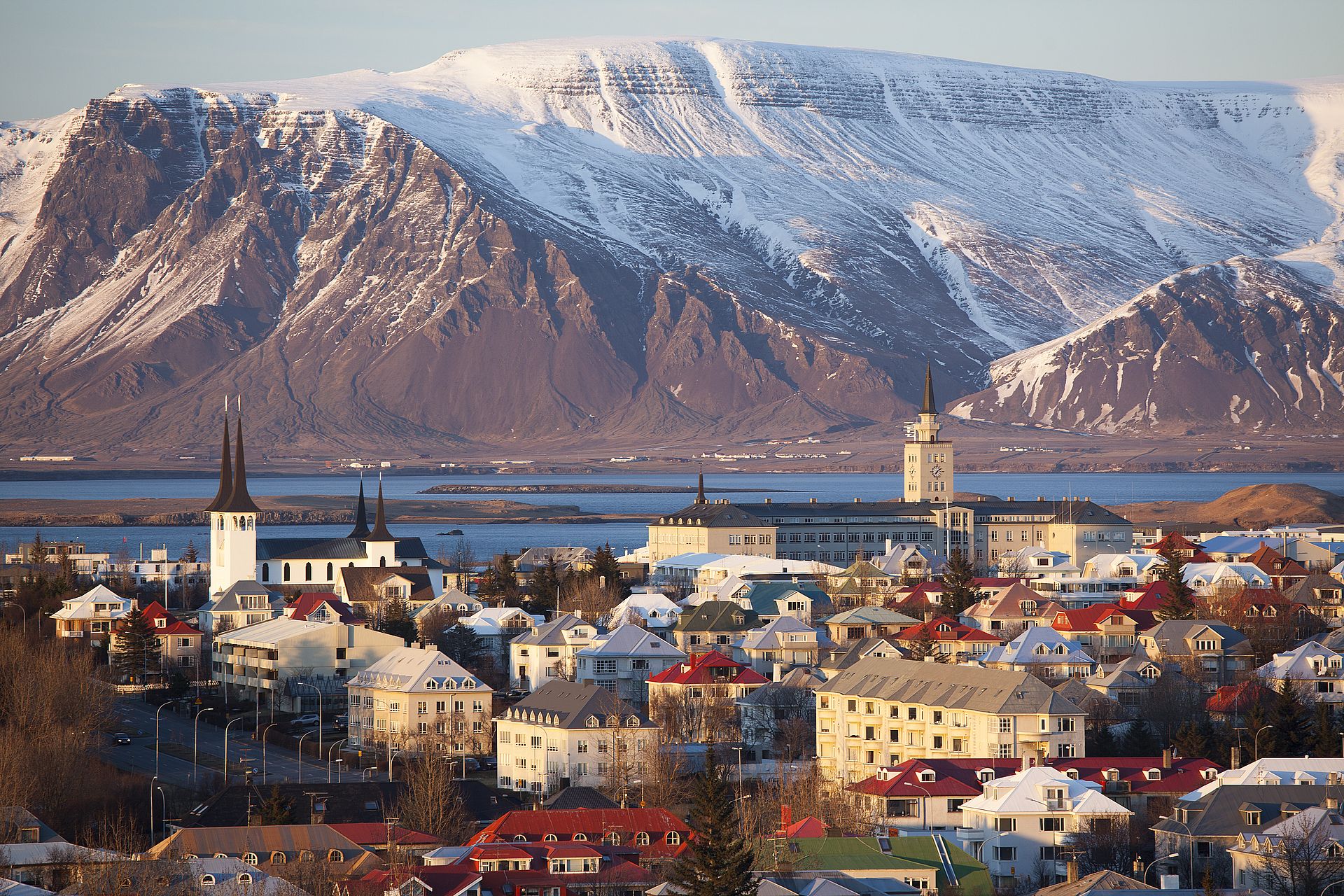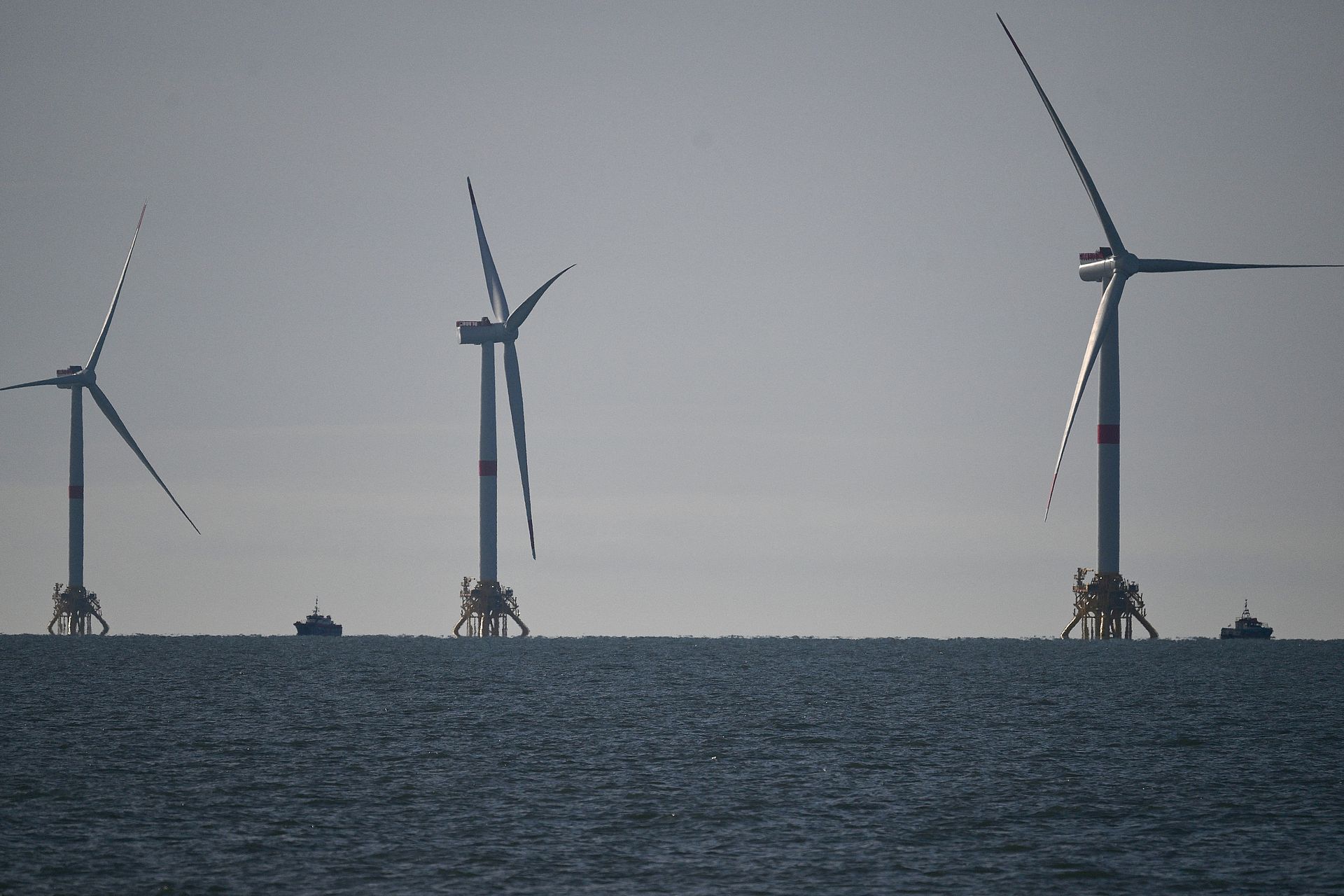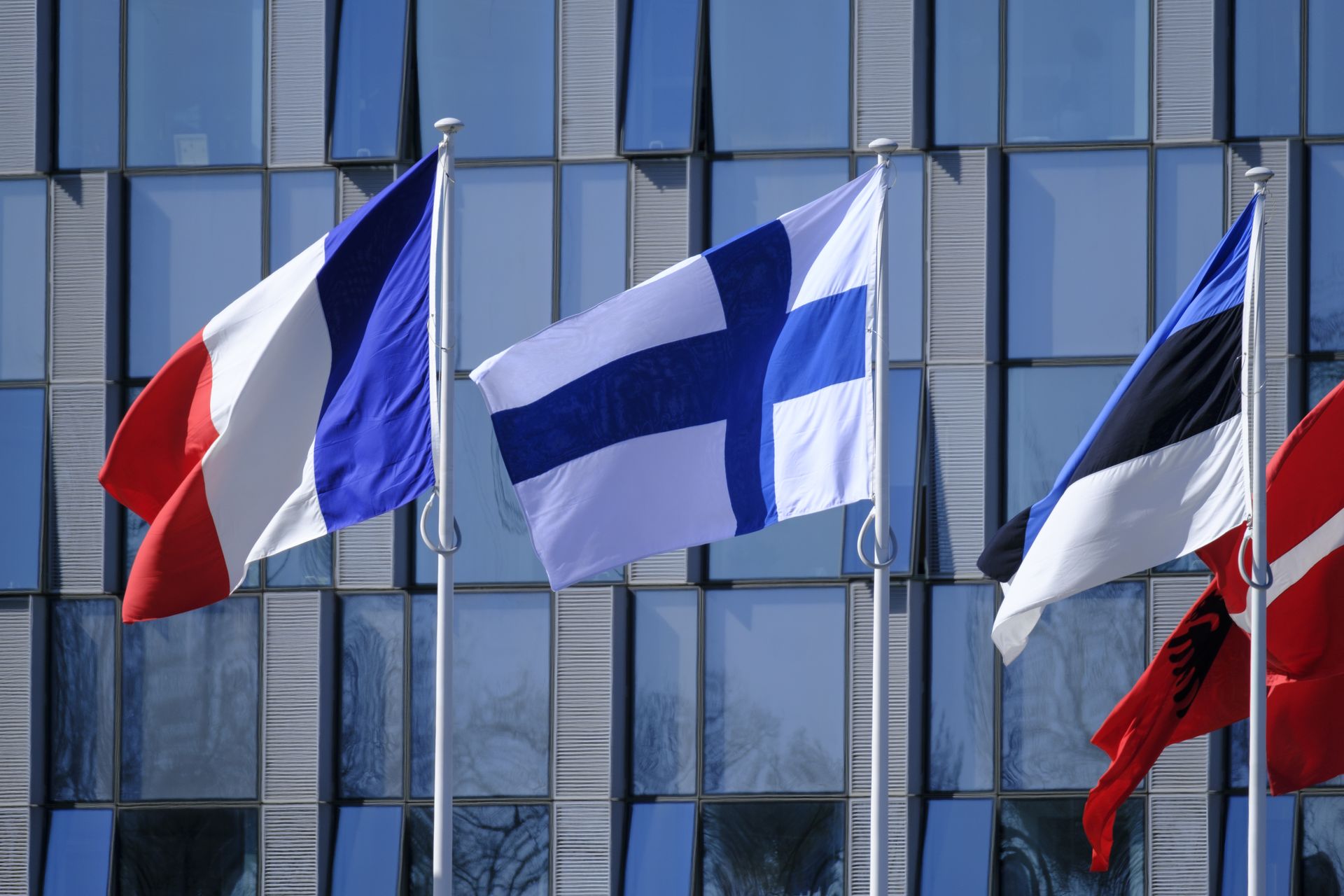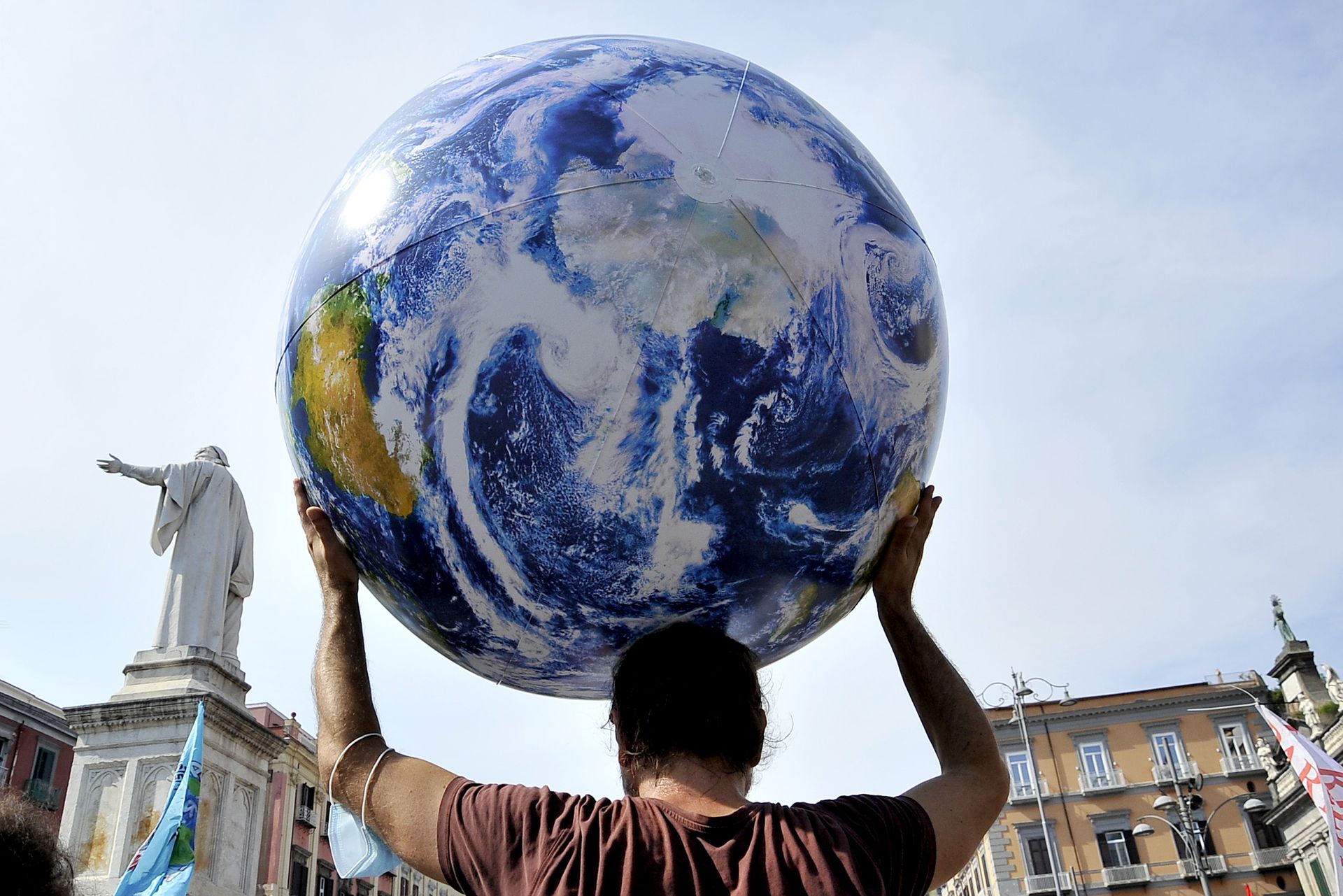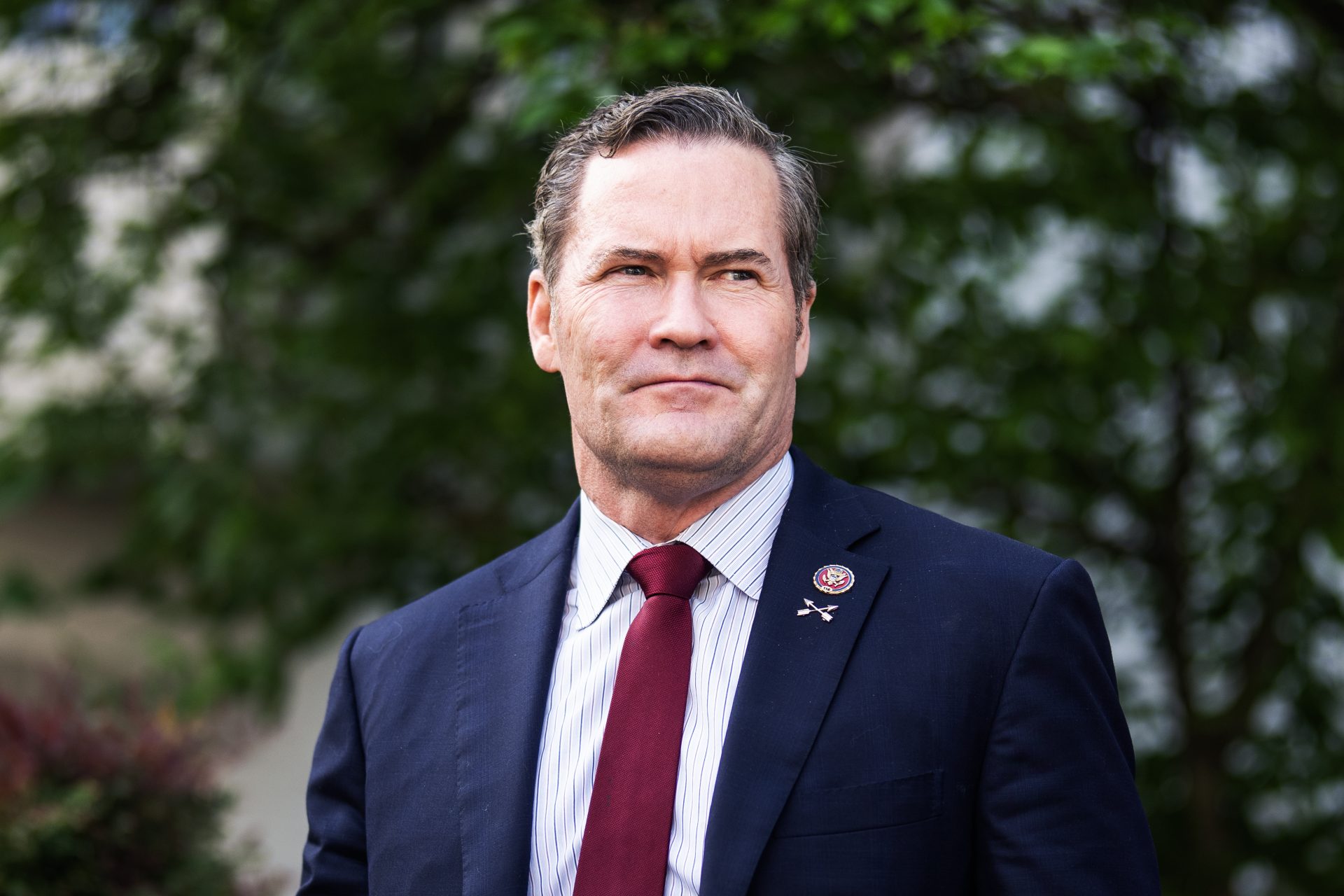The countries closest to achieving the Paris agreement climate goals
In 2015, at COP 21 in Paris, several of the world's leaders collectively committed to limiting the rise in temperatures caused by greenhouse gas emissions by the end of the century.
The Paris agreement provided for "keeping the increase in the global average temperature well below 2°C above pre-industrial levels."
To this end, the signatory states committed to reducing their CO2 emissions and to take measures to adapt their societies to climate change.
Nearly a decade after the conclusion of this historic agreement, what results can be drawn from its implementation and which countries have best respected their commitments?
As COP29 has just begun in Baku (Azerbaijan), the media outlet ‘2050NOW’ has produced a ranking of the implementation of the Paris agreement.
The criteria used were: current CO2 emissions, their expected level for 2030, the commitment to achieve net zero emissions, but also efforts to adapt to climate change and transparency, while taking into account the historical responsibility, the capacity to act and the demographics of each country.
Austria tops the ranking. The country excels across all criteria and gets three-quarters of its energy from renewable sources, the highest level in the European Union.
Despite still high CO2 emissions, Germany rose to second place, thanks to other criteria such as adaptation to climate change or aid to developing countries.
The top five of the ranking is completed by three other European countries, namely, in order: Switzerland, the Netherlands and Spain.
Iceland is number 1 in terms of current CO2 emissions, thanks in particular to the development of renewable energies. However, its poorer performance in other criteria does not allow it to move above 8th place.
Host country of the Paris agreement and pioneer of ecological issues at an international level, France, nevertheless, only ranks ninth.
The media ‘France Info’ notes that the country is exemplary regarding adaptation to climate change and aid to developing countries, but that it can do much better regarding current emissions and the transparency of climate reports.
Often considered as models in ecological matters, the countries of Northern Europe are showing disappointing results, such as Finland, which is ranked 20th out of 23 on the CO2 emissions target for 2030.
The United States, with a red lantern on almost all criteria, ranks 23rd and last among the countries analyzed. The climate plan adopted by the Biden administration does not seem to have produced its effects yet.
The position of the world's leading power is unlikely to improve with the return to power of Donald Trump, who wants to withdraw once again from the Paris agreement and return to a policy of all-out development of hydrocarbons on American soil.
Whatever the future US policy, states and major world organizations will soon be considering the issue in Baku. Will COP29 promote better implementation of humanity's climate commitments?
More for you
Top Stories






